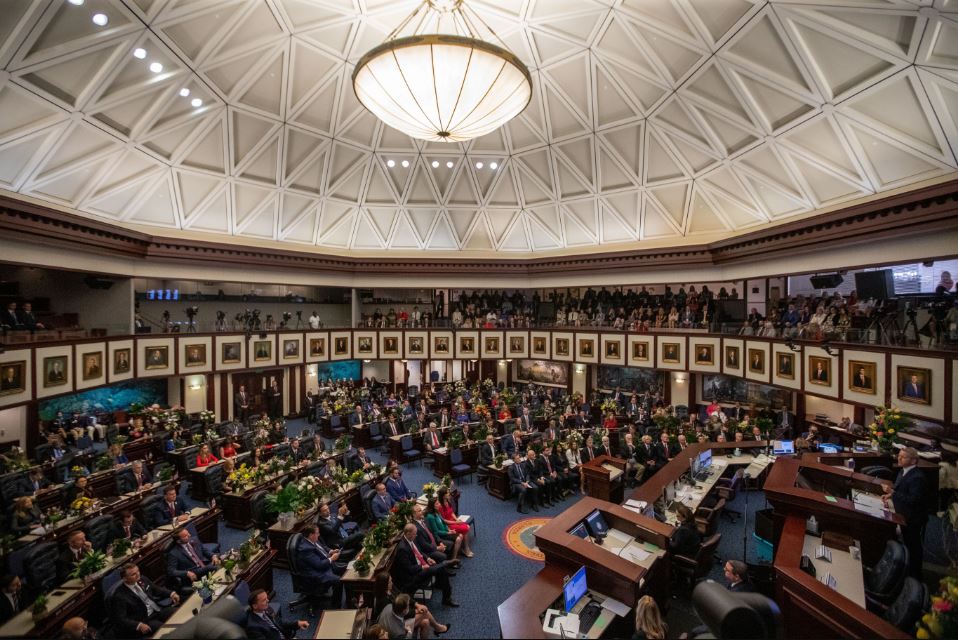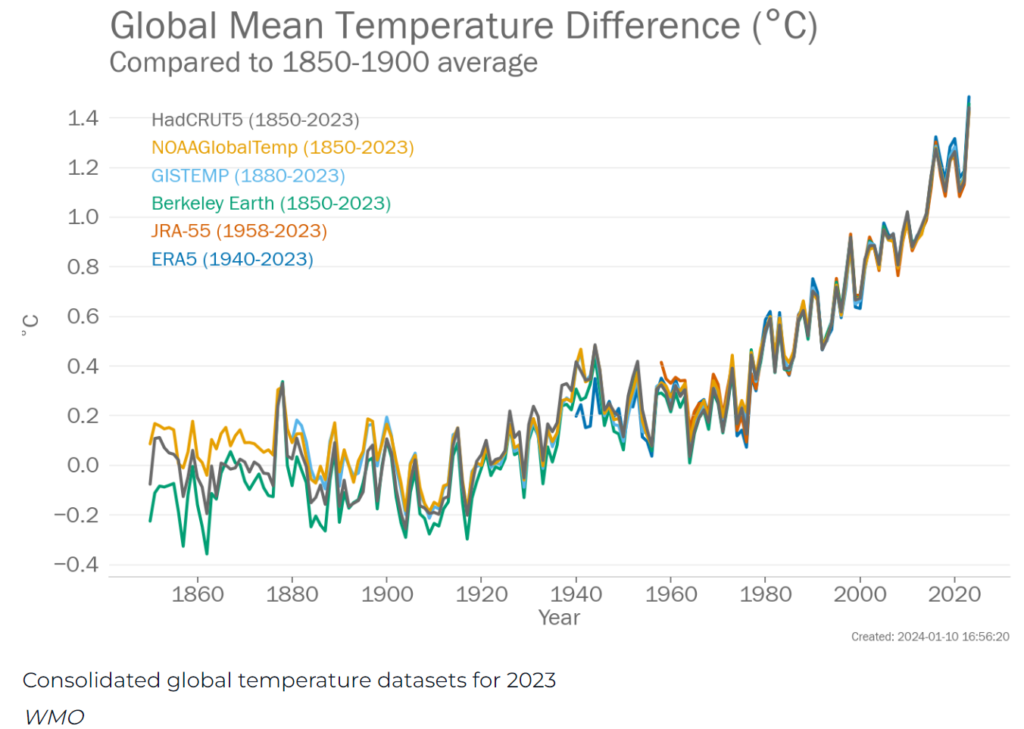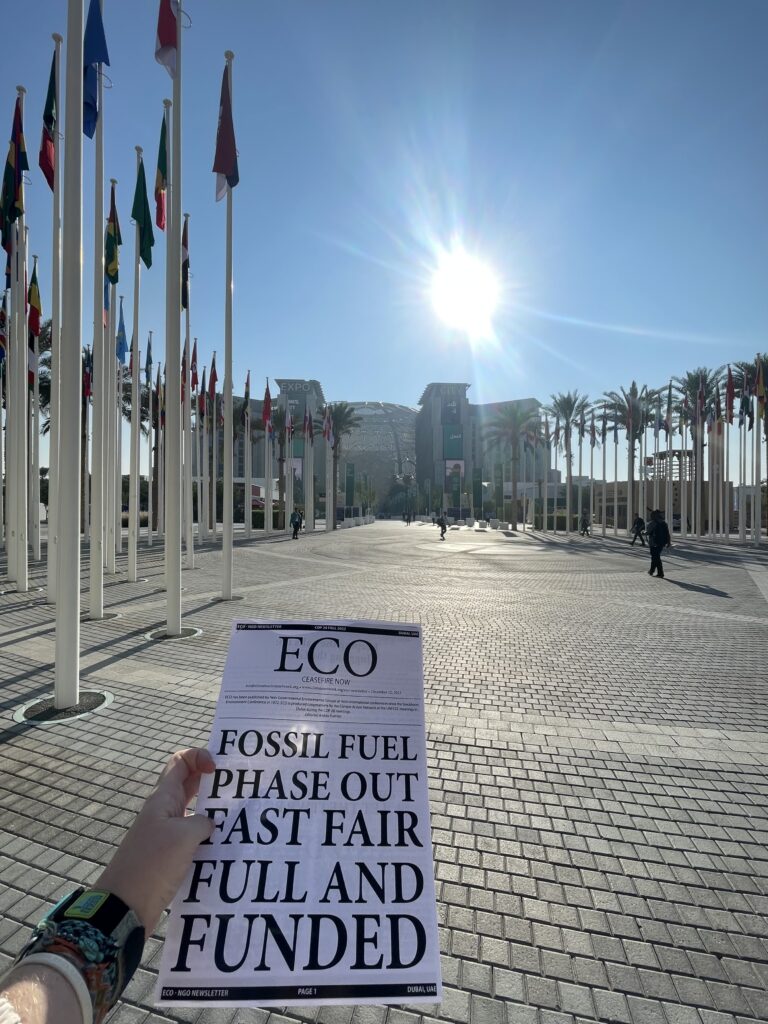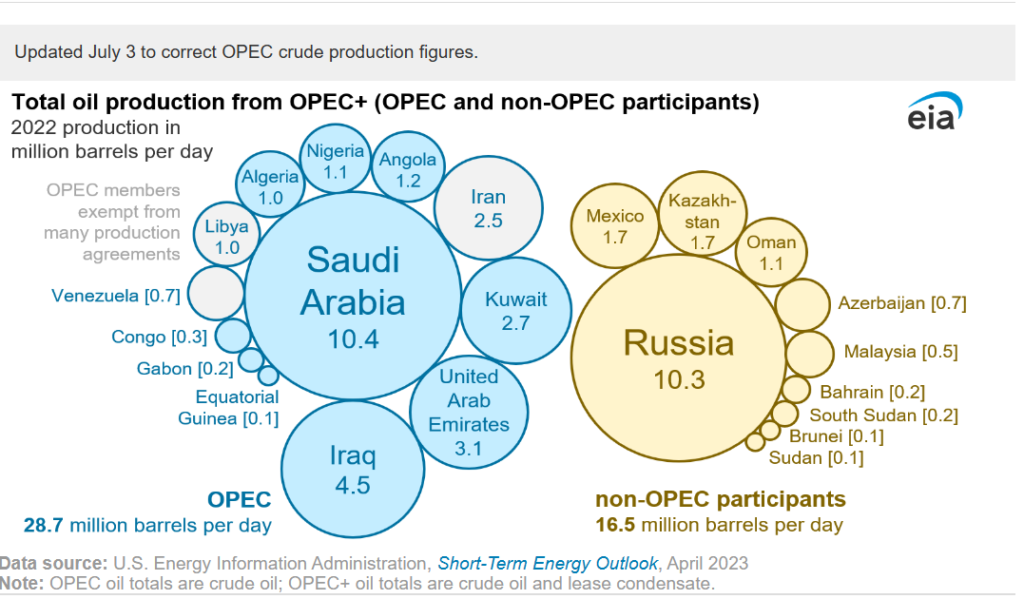Backward
Florida’s legislature is currently in session, and I am saddened to share that a group of legislators are enthusiastically taking steps to diminish efforts to solve our climate crisis and protect our ever so fragile state. The Legislature has filed a set of bills, House Bill (HB) 1645 and Senate Bill (SB) 1624, that are designed to take our energy system backward by overtly diminishing the reality that climate change is increasingly having on Florida while protecting Florida’s ever so powerful utilities’ desire to embrace their antiquated, polluting investments in energy distribution rather than our environment and its citizens. It’s enough to make me sick and is something I would encourage every citizen of our state to learn about immediately.
The good news is (or was) that in 2006 Florida’s legislature had the foresight to implement Statute § 366.92, the Florida Renewable Energy Policy, which mandated an increase in the use of renewable energy as well as a reduction on our state’s dependence on fossil fuels for electrical production. In the nearly two decades that followed that law’s passage, no one bothered to create rules or goals to achieve its mandate until a group of concerned youth from all over Florida filled a Petition for Rulemaking in 2022. That petition, which I helped lead, sought to establish the actual rules, goals, and other steps needed to help utilities embrace the 2006 laws mandates and transition towards sustainability. The effort, which you can read about here, concluded with the State of Florida’s Office of Energy, part of the Florida Department of Agriculture and Consumer Services, implementing Administrative Rule 5O-5: Renewable Energy. For the first time in our state’s history Rule 5O-5 established goals to help Florida’s energy system transition to becoming 100% renewable energy based over the next few decades.
The bad news is that Florida politicians have recently introduced a pair of shameful bills that are making their way through the House & Senate which aim to take the state’s pollution generating energy system backward in time by protecting the powerful utilities. If passed, these bills would eliminate phrases within the current law such as “greenhouse gases,” ban wind generated energy and overtly protect natural gas, a significant (methane) source of pollution that is helping warm our climate. Such environmentally damaging steps can’t possibly be dreamed up by the politicians themselves and are clearly bought and scripted by the utilities that seek to continue their polluting ways by protecting their investments and investors.
You can read about what our elected officials are doing right now to take Florida’s environment backward in the following article by Jim Saunders of the News Service of Florida that appeared online in Florida Trend (the red highlights are my own) or by clicking here.
Lawmakers ready to overhaul state energy laws
Jim Saunders | News Service of Florida | 2/20/2024
TALLAHASSEE — Florida lawmakers are moving toward approving an overhaul of state energy laws, including eliminating references to reducing greenhouse gas emissions and imposing a ban on offshore wind-energy generation.
The Senate Agriculture, Environment and General Government Appropriations Committee on Tuesday approved a revised bill (SB 1624) that sponsor Jay Collins, R-Tampa, said is now in line with a measure (HB 1645) ready to go to the full House.
The bills address numerous issues, ranging from natural gas pipelines to calling for a study of using “advanced” nuclear power technologies. Perhaps bigger picture, they would ditch parts of state law about reducing greenhouse-gas emissions.
Collins said bill supporters are trying to “maintain our stability in the grid” and balance costs to taxpayers.
“There are things we’re taking off of the books. There are laws that we’re pulling out of there,” Collins told the Senate committee. “But it’s not because we don’t care about our environment. I think, if you look at what Florida’s doing, we do a very good job as stewards of our land, now and into the future. I think what it (the bill) does is it lets us look at this and do the things that actually have a functionable, repeatable benefit.”
But critics pointed to issues such as flooding caused by sea-level rise.
“I’m not sure how it became political to care about our environment,” Sen. Tina Polsky, D-Boca Raton, said. “Florida is ground zero for climate disasters. We are surrounded by water, and the effects are showing.”
As an example, part of current state law says, “The Legislature finds that the state’s energy security can be increased by lessening dependence on foreign oil; that the impacts of global climate change can be reduced through the reduction of greenhouse gas emissions; and that the implementation of alternative energy technologies can be a source of new jobs and employment opportunities for many Floridians.”
Under the bills, that section of law would be deleted, and partly replaced by sentences that say, “The purpose of the state’s energy policy is to ensure an adequate, reliable, and cost-effective supply of energy for the state in a manner that promotes the health and welfare of the public and economic growth. The Legislature intends that governance of the state’s energy policy be efficiently directed toward achieving this purpose.”
Florida utilities during the past two decades have become heavily dependent on natural gas to fuel power plants, while largely ending the use of dirtier-burning coal. At the same time, utilities have built numerous solar-energy facilities, as costs have decreased and technology has improved.
The bills address a series of issues related to natural gas. As an example, gas pipelines within Florida that are 15 miles or longer currently need certification under a law known as the Natural Gas Transmission Pipeline Siting Act. Under the bills, the requirement would apply to pipelines 100 miles or longer.
Unlike some other parts of the country such as the Midwest, Florida does not rely on wind-generated power. But the bills would ban building or operating offshore wind turbines in Florida-controlled waters and on property within one mile of coastlines.
Collins said the proposed ban is designed to help protect wildlife and ecosystems and to prevent noise.
“Overall, the risk to our flora and fauna, our whales, the ecosystem around there, that’s concerning,” Collins said. “And then the tourism and noise aspect as well is also concerning.”
But Polsky and Sen. Lori Berman, D-Boca Raton, suggested the issue should be studied before a ban is imposed.
“We are stopping an industry,” Berman said. “We are supposedly the free state of Florida. It’s being done all along the Northeast (United States). They have wind turbines, and I haven’t seen any studies that (they) were causing (harm to) whales and extreme environmental damage in those areas.”
The Senate committee voted 6-3 to approve Collins’ bill, which needs to clear the Fiscal Policy Committee before it could go to the full Senate.
The future of Florida’s energy system must be powered by clean, sustainable power. Fossil fuel use, and that includes methane producing natural gas, must come to a sensible, well planned end over the next few decades. Taking the type of steps called for today in both SB 1624 and HB 1645 only serve to take Florida backward by embracing the pollution and polluters that are causing our climate to warm.







